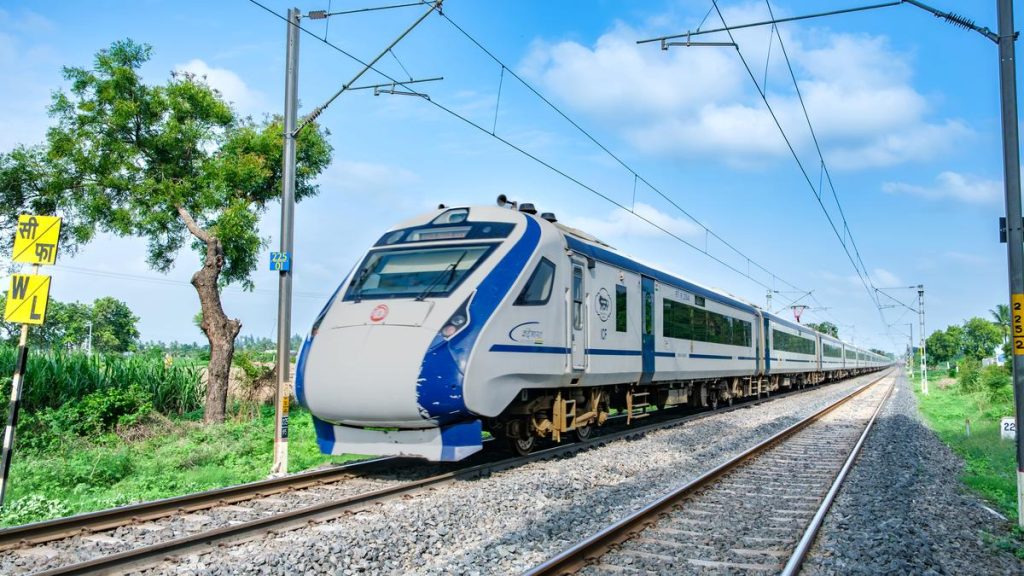Now Reading: New Study Identifies Solution to India’s Court Backlogs
-
01
New Study Identifies Solution to India’s Court Backlogs
New Study Identifies Solution to India’s Court Backlogs

Rapid Summary
- global courts face growing delays in case resolutions, with wait times extending to months or years.
- A study published in Manufacturing & Service Operations Management proposes strategic scheduling changes as a solution.
- Focused analysis on the Supreme Court of India suggests reallocating judicial time from early to later stages of cases could reduce average resolution time from 275 days to 96 days-a significant efficiency advancement.
- Researchers highlight that expanding judiciary ranks isn’t the only answer; smarter case scheduling alone can yield impactful results.
- The findings are applicable not just in India but globally, including countries like the United States facing similar judicial backlogs.
- Experts emphasize this approach as a practical, low-cost solution for courts under resource constraints.
!Credit: Pixabay/CC0 Public Domain
Indian Opinion Analysis
The study’s findings offer promising implications for India’s overwhelmed judicial system,especially its Supreme Court which handles one of the highest caseloads globally. reallocating attention between case stages provides a pragmatic and resource-efficient option to addressing backlogs amid fiscal and logistical constraints. By optimizing operational procedures rather than hiring more judges, this data-backed method ensures justice remains both accessible and timely without straining existing infrastructure.
India’s legal system is often criticized for prolonged delays that adversely affect individuals’ lives and businesses’ operations. Implementation of such reforms could enhance public trust while reinforcing India’s reputation as a rule-of-law democracy. However, successful adoption will depend on policymakers and judiciary collaboration in ensuring these strategies are scaled effectively across diverse court systems nationwide.Read More




























